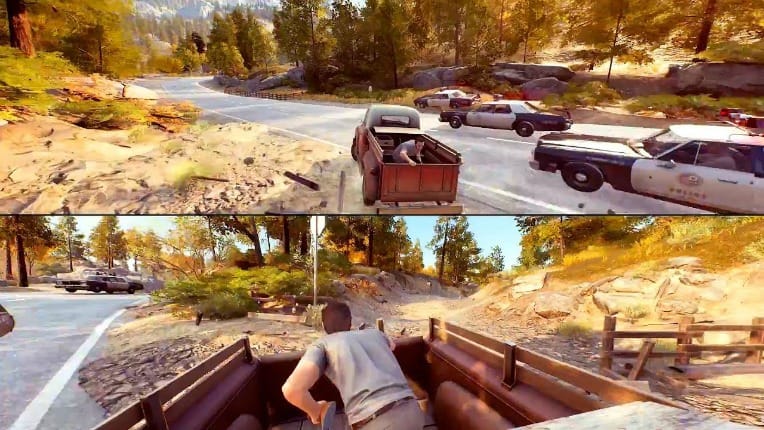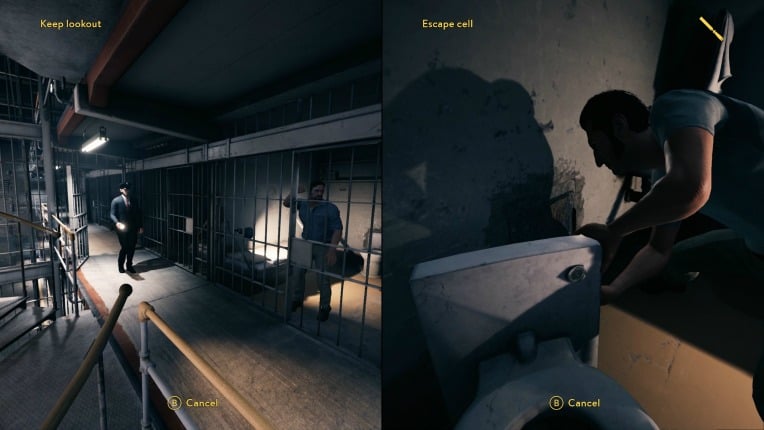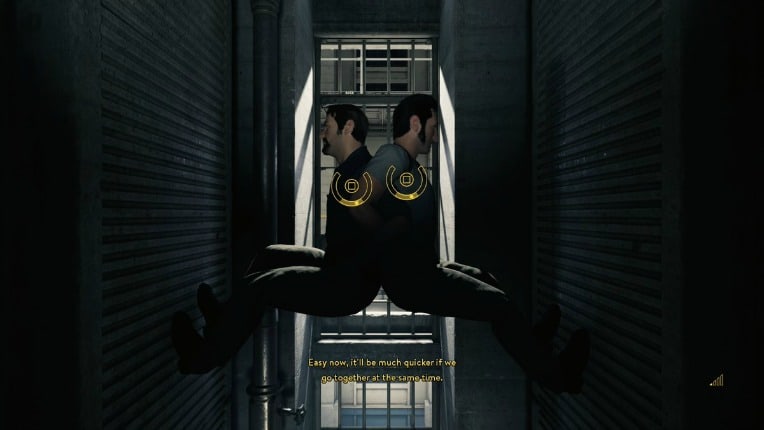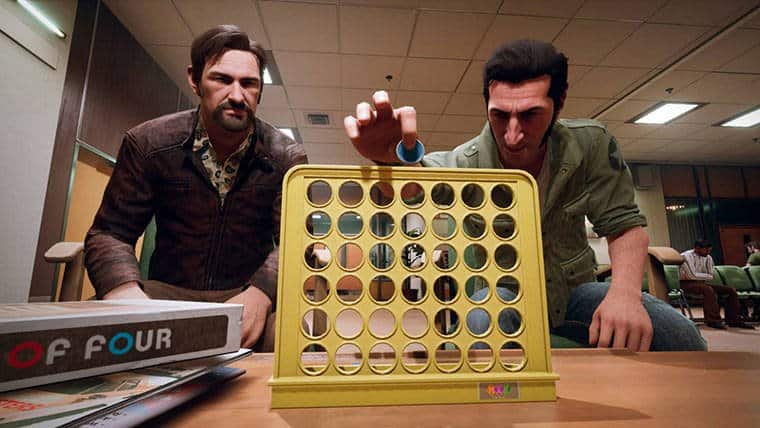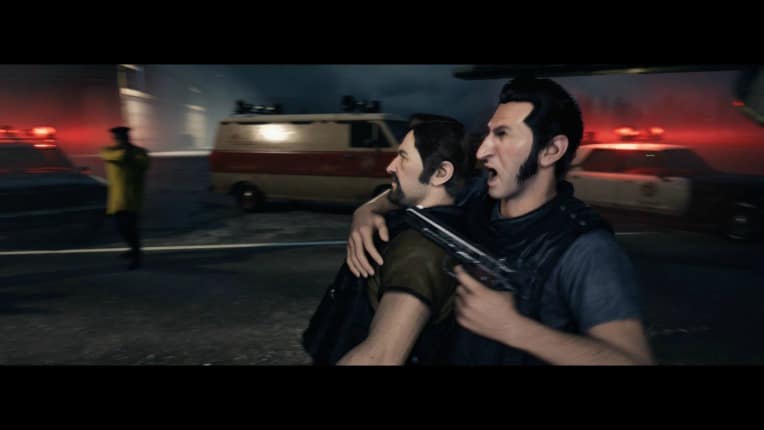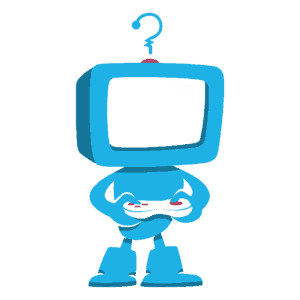A Way Out is a mandatory co-op game that can be played locally or online, but that’s not a gimmick — rather, it’s one of the most well thought out design decisions that many of us have ever experienced.
Co-op is the only way this game could function — not just mechanically, but narratively. 
It’s true that some of us are inherently more competitive than others, but no one wants to be the weakest link. While co-op, on paper, is all about the journey of working together while building and drawing on existing companionship, anyone who has played a co-op campaign knows the truth: like most things in life, what appears on paper rarely exists that way in practice.
A Way Out’s Opening Sets the Scene for Everything to Come
The game begins with Vincent and Leo sitting across from each other in an airplane, presumably after they’ve escaped prison. There’s a tiny cutscene that gives us a window into the character’s personalities: Vincent is labeled by Leo as “Mr. Overthinker” which prompts the following exchange:
Vincent: “There’s a difference between overthinking things and being smart Leo”
Leo: “are you implying that I’m not smart”
Vincent: “your words, not mine”
Leo: “Hey, I might not be smart in your book but I do get shit done”
Vincent: “Can’t argue with that.”
You get to view the rap sheet of each character as you select which one you’ll be. This is the start of a friendly rivalry and you’re left to select your alignment. Who are you in this conversation? Are you the over thinker or the hot head? Or rather, who aren’t you in this conversation? Even this simple act of selecting a character can create tension for you and your partner.
I played this entire game side by side with my brother and when prompted to select a character I said “Okay, who should we be. I think you should be Leo.” To which he responded: “Why? Are you trying to say I’m the stupid one?” “No. I’m trying to say you get shit done.” Immediately, our tension mirrored the contrived tension between the two characters.
It set us up perfectly for the friendly competition to come. We may be in this together but someone is always taking the lead. And, ultimately, someone is the one to blame for the death or game over. During one of several chase sequences I remember struggling to drive through the terrain and, while there was a general road to drive on, I was unsure of where to go while my brother took enemies out one by one and stated exactly what I knew to be true: “You suck at driving!” But not every moment is a struggle to best utilize skills and weaknesses.
Teamwork Makes the Dream Work
While there’s some tension throughout the game, it’s outweighed by camaraderie. From the start of the game, you’re forced to step-in and save the other person. And throughout the campaign, which is presented entirely in split-screen, there are plenty of instances where each player has their own task(s) to complete. For example, one watches out for the guard, while the other removes a set of screws.
In this way, A Way Out prevents you from getting sick of each other by allowing each person to work towards the common goal without always feeling like you need the other person to “keep up with you” to advance.
Other times, you’re more together than you ever thought possible. When the game switches to a single screen view, you’re often thrown into intensively co-operative set pieces: from needing to ram into a door at exactly the same time to climbing up a narrow passageway back to back, forcing you to press a button at just the right time in order to move as a unit (like that one seen in The Emperor’s New Groove).
The gameplay, itself, creates both tension and kinship between the people behind the controller.
And for those of you who might not relate to the idea that co-op is inherently competitive: A Way Out subtly highlights this fact through its optional mini games. From rhythm games, to tossing horseshoes, to playing Connect 4, A Way Out invites you to invite each other to a challenge. For a second the weight of the mission (escaping prison, evading police, trying to see/protect your family) disappears. In those little moments you’re two friends having a good time, trying to one-up each other but never taking it too seriously. That’s what exists at the heart of co-op and A Way Out brings that feeling to the forefront of the experience.
From pushing the other to go for another round of an arcade game to stubbornly refusing to be the first to give in during an arm wrestling match that involved tapping a single button me and my brother enjoyed every side game the campaign had to offer.
We got invested in these moments and in turn, became invested in the characters and the story.
The relationship that was cultivated, as a result of the gameplay, made the ending all the more heart wrenching. A Way Out is one of the few games that is both tear inducing and a beacon of simplistic joy. It’s one of those games you finish and just have to talk to someone about, and luckily there’s already someone by your side. This game is evidence that co-op can be more than just “a nice addition.” In the case of A Way Out, co-op is the fulcrum for emotional investment and player experience.
**SPOILER ALERT**
The climax of this story occurs after Leo and Vincent take out the antagonist of the story, Harvey: the man who betrayed both Leo and Vincent. Upon exiting the plane Leo and Vincent are surrounded by police cars and at that moment it’s clear betrayal occurred. The truth is revealed. Leo is actually a cop.
The entire game the two of you are working together, playfully competing, and building a relationship. Now it’s an actual competition and this one is life or death. I (playing as Leo) didn’t want to kill Vincent (my brother) but I had to play it out. It was gut wrenching and thrilling. The final boss is the player who helped you get to this point. That’s surreal: a cognitive and emotional dissonance I’ve never experienced in a game. And the reason it is so impactful is because of the co-op set up.
And as both me and my brother frantically spammed the button to crawl over and over again, just like we did when we were playfully arm wrestling just hours before, it cemented the fact that sometimes things just come down to your own survival and sometimes there really isn’t a good ending.
In our ending, Leo was killed and Vincent continued on. To be honest, I’m still salty about losing because at the end of the day there’s always competition hiding under any co-op adventure: A Way Out knew that and played on it perfectly.
See Also:
